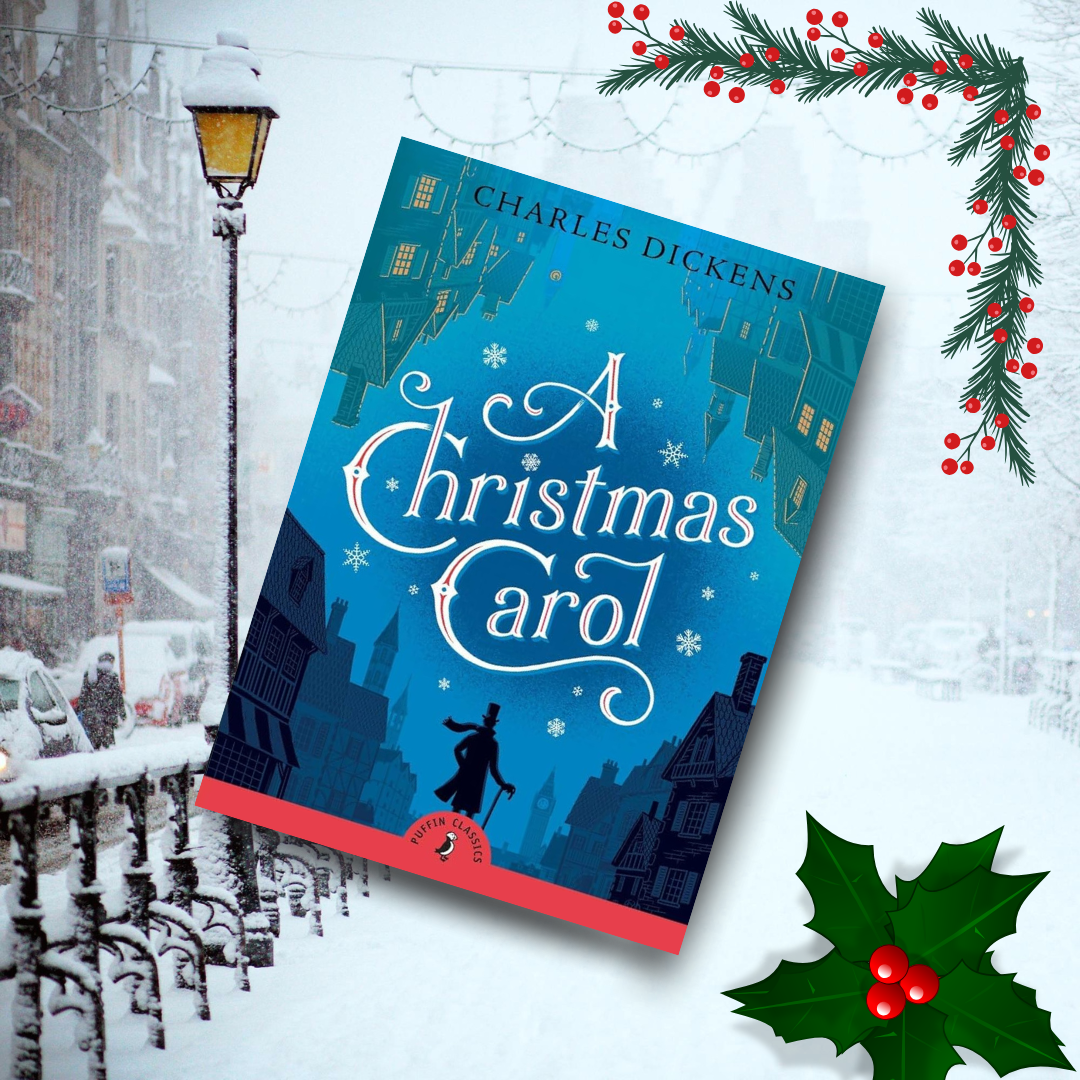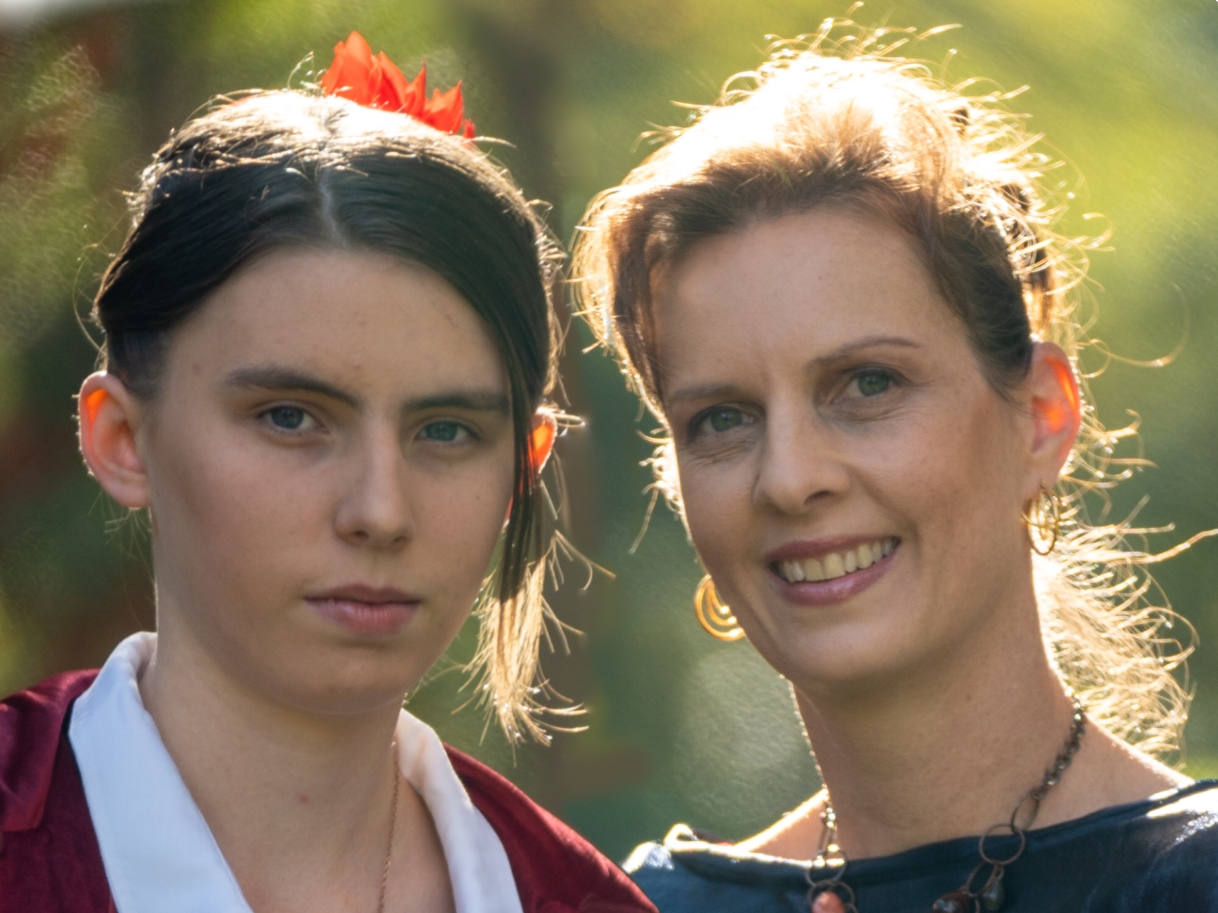The Stakes of Christmas
 Marley was dead, to begin with.
Marley was dead, to begin with.
So begins one of Dickens’ shortest and most-beloved works. The story is both powerful and uplifting, and has stood the test of time.
Have you ever wondered what makes a story really powerful like that? It’s something I am deeply interested in, and since you’re here with me, I assume you are too. Powerful, transformative stories are what I crave, and what I seek to write. Ones that won’t be forgotten in the wake of the next trend.
So, on that, I watched a fantastic video by screenwriter Michael Arndt about what makes endings really work, and I think he nailed what the secret sauce is. If you’re interested, you can watch the full video here (it’s worth the 90mins!) but I’ll give you the cliff notes version: stakes.
That’s it. Stakes.
But not just any kind of stakes. Philosophical stakes. Arndt argued that while lots of writers are all over external stakes and internal/emotional stakes, not many are aware of philosophical stakes, and it’s these stakes that make the internal and external stakes meaningful, and therefore the entire story meaningful.
Michael’s primary example was Star Wars (yes!!) but the video inspired me to look for the stakes in A Christmas Carol.
Scrooge lives his life by the dominant values of our society: success and security. But just about every other character in the story thinks relationships are more important. A Christmas Carol is interesting in that the ‘underdog’ values seem to be held by everyone except the protagonist—but it takes all of them to convince Scrooge to make the switch!
Ok, so the reason Scrooge pursued wealth was for the security it gave him. He is very emotionally invested in security. His family was not wealthy, and he had to struggle growing up. He didn’t want his own family to struggle, so he threw away his chance at love because he didn’t think he had enough money to marry Isabelle. All tied up with security is his self-image. Scrooge wants status and respect, and thinks success will give him that—but seeing how glad everyone was when he died gave him a new perspective. So I think the emotional stakes for Scrooge revolve around self-respect.
So now we come to the external stakes. Scrooge is the antagonist in many people’s lives as he goes about his goal of pursuing wealth, and he stands to lose that wealth if he changes. However, when the ghost of Jacob Marley appears, Scrooge is presented with the possibility of facing an afterlife spent in the chains of regret. So I think the external stakes are a comfortable life now vs a comfortable life later.
All three sets of stakes come to a head when the ghost of Christmas Yet To Come shows Scrooge the death of Tiny Tim. This external event tips the scales for Scrooge. Suddenly, that afterlife of regret seems too much, he loses his self-respect knowing he could have done something to prevent it, and his own success and security seem empty. But he fears it’s too late for him to make the philosophical switch, and we do too when he falls into his own grave.
That’s what makes the ending so great—when he wakes in his room and realises it’s not too late. And even better, he does a whole bunch of things to cement the change. Relationships have won over success and security—but, paradoxically, he feels more successful and secure now. And, honestly, I think that’s a lesson for all of us.
So what do you think? Do the philosophical stakes give meaning to the external and internal stakes in A Christmas Carol? Have I identified them correctly? Would you like me to pick them out in other masterworks? Let me know!
And, merry Christmas!
FOR REGULAR ARTICLES LIKE THIS, JOIN OUR NEWSLETTER!


